T4K3.news
Hostage families strike begins in Israel
A nationwide strike kicks off with protests at Hostages Square and sites nationwide as families push for return of hostages.
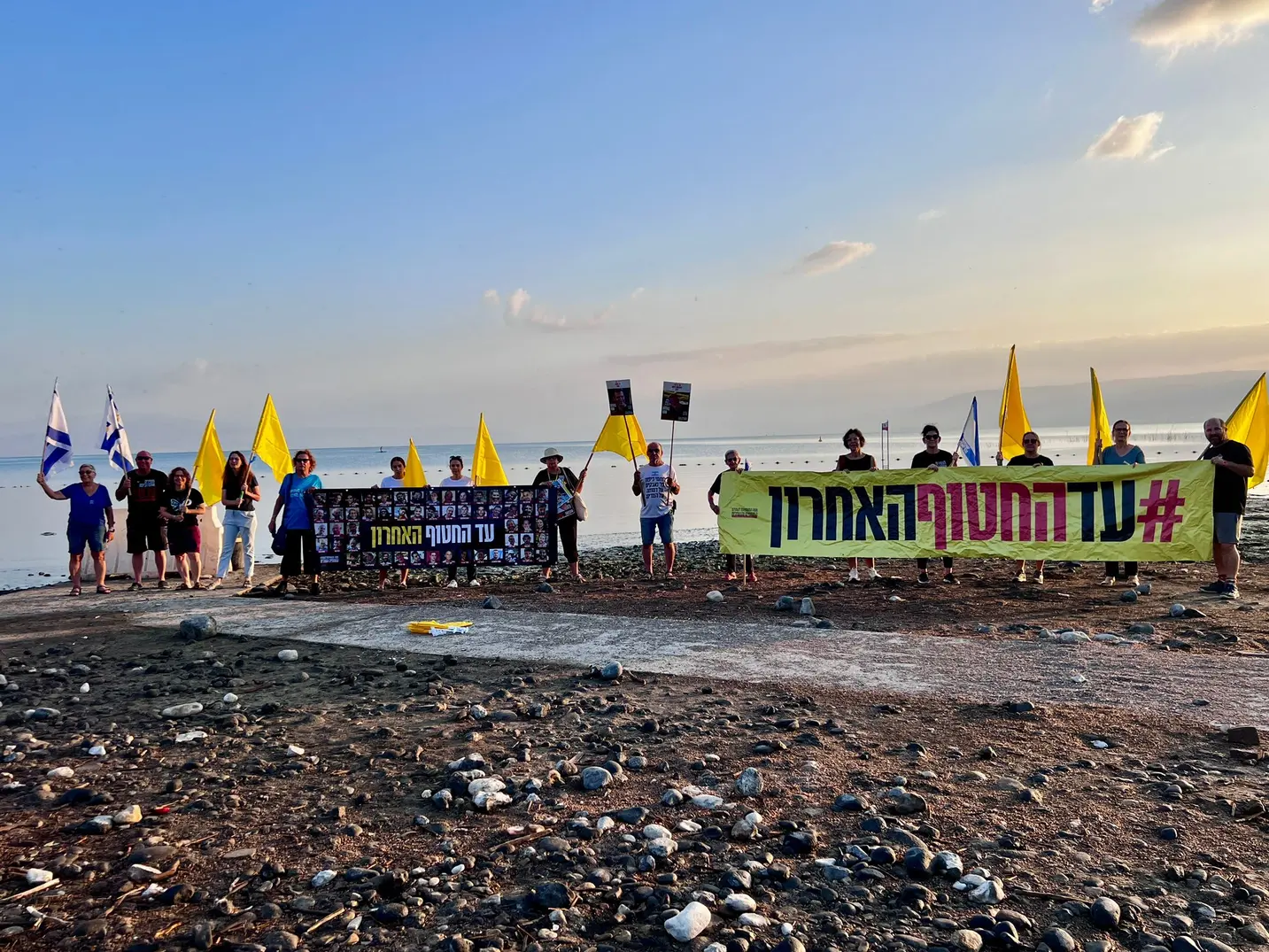
A nationwide general strike unfolds as families of hostages press the government over negotiations and Gaza policy.
Israel braces for nationwide protests as hostage families strike begins
A nationwide general strike began early Sunday in Israel, organized by the October Council and the Hostages and Missing Families Forum. The action aims to keep the fate of hostages in public view while signaling broad opposition to the government’s Gaza strategy. Organizers forecast large turnout at Hostages Square in Tel Aviv and events across the country, from the Galilee to Eilat.
Protests started around 6:29 a.m., the exact time of the Hamas attack in 2023, and included streetside actions where yellow ribbons were handed out to symbolize the hostages. The day’s program features speeches from family members at regular intervals, a photography exhibit, and vigils. In Tel Aviv, a main rally is planned for 8 p.m., with convoys set to gather in the late afternoon. Regions near the Gaza border also host demonstrations, reflecting firsthand impact of the conflict on nearby communities.
Key Takeaways
"If I knew that a longer strike would end the matter, stop the war and bring back the hostages, I would go for it with full force"
Bar-David explaining the potential impact of a longer strike
"The involvement of the powerful union would divert public discourse around the hostages into politics"
Bar-David on how union participation could shift the debate
"Anger without practical outcomes is a heavy load for the public to carry"
Editorial reflection on the protest mood
"Solidarity should serve the hostages not the docket of politics"
Call for focused advocacy beyond political posturing
The strike tests the balance between civic protest and political risk. It shows how the hostage issue remains a mobilizing force, capable of uniting people across diverse sectors, even as not all major unions join the action. The Histadrut’s decision to sit out the strike highlights the tension between labor influence and broad public pressure, a dynamic that could shape how policy makers respond. The event also exposes regional fault lines, with border communities feeling the war’s proximity more acutely than those in central cities. In a period of volatile Gaza dynamics, the protests risk becoming a stage for political signaling, potentially distracting from practical negotiations toward hostages’ release while signaling a clear demand for accountability and action.
Highlights
- If I knew that a longer strike would end the matter I would go for it with full force
- The involvement of the powerful union would divert public discourse around the hostages into politics
- Anger without practical outcomes is a heavy load for the public to carry
- Solidarity should serve the hostages not the docket of politics
Political sensitivity and potential public backlash
The protests touch on national security, hostage negotiations, and Gaza policy, raising risks of political polarization and public backlash. Authorities may face security challenges as demonstrations span multiple regions.
The weeks ahead will test how protests translate into policy and whether the hostages issue can keep driving public-mandated pressure without tipping into political gridlock.
Enjoyed this? Let your friends know!
Related News
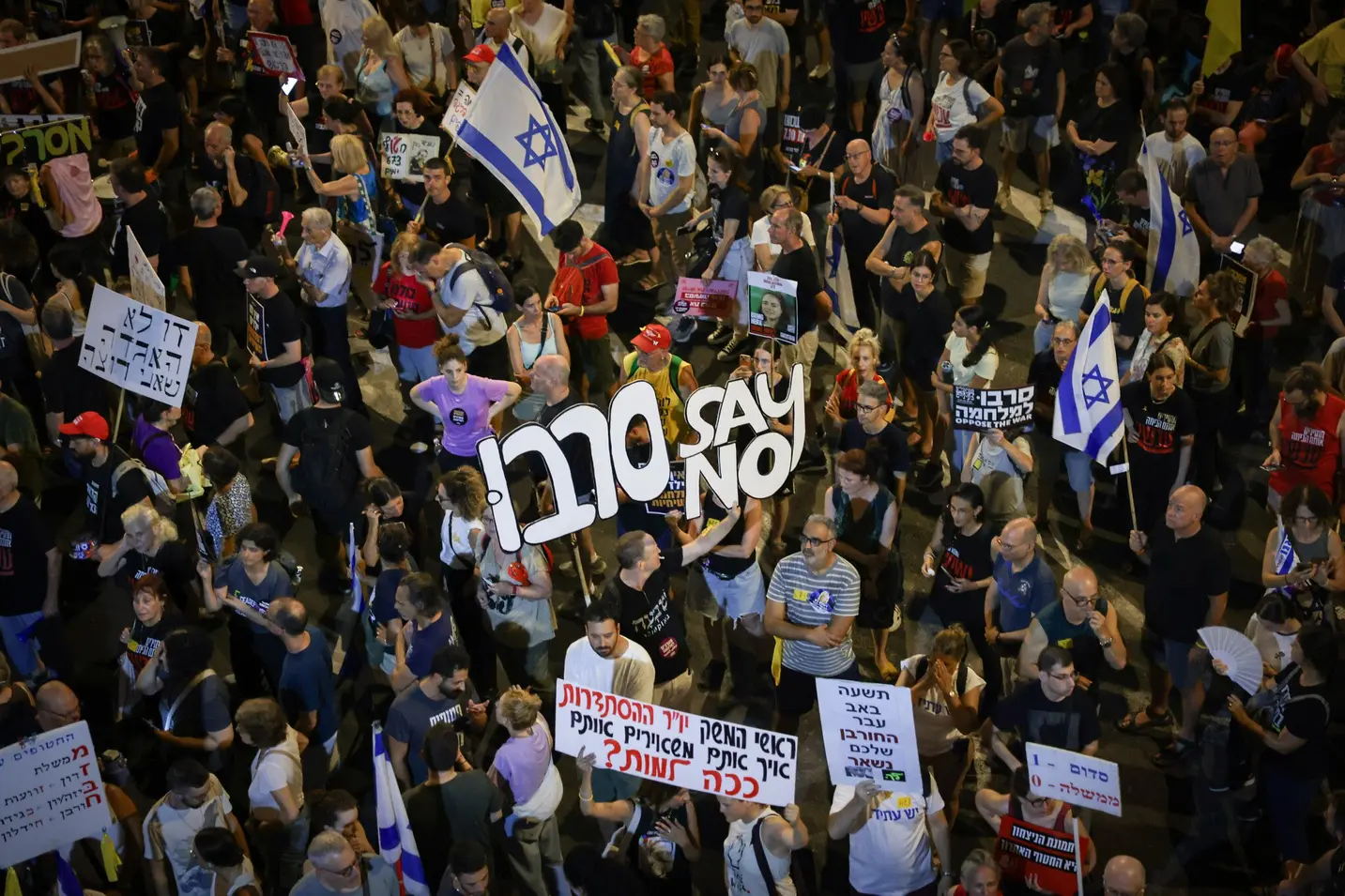
Protests surge as Gaza City plan tests Israeli resolve
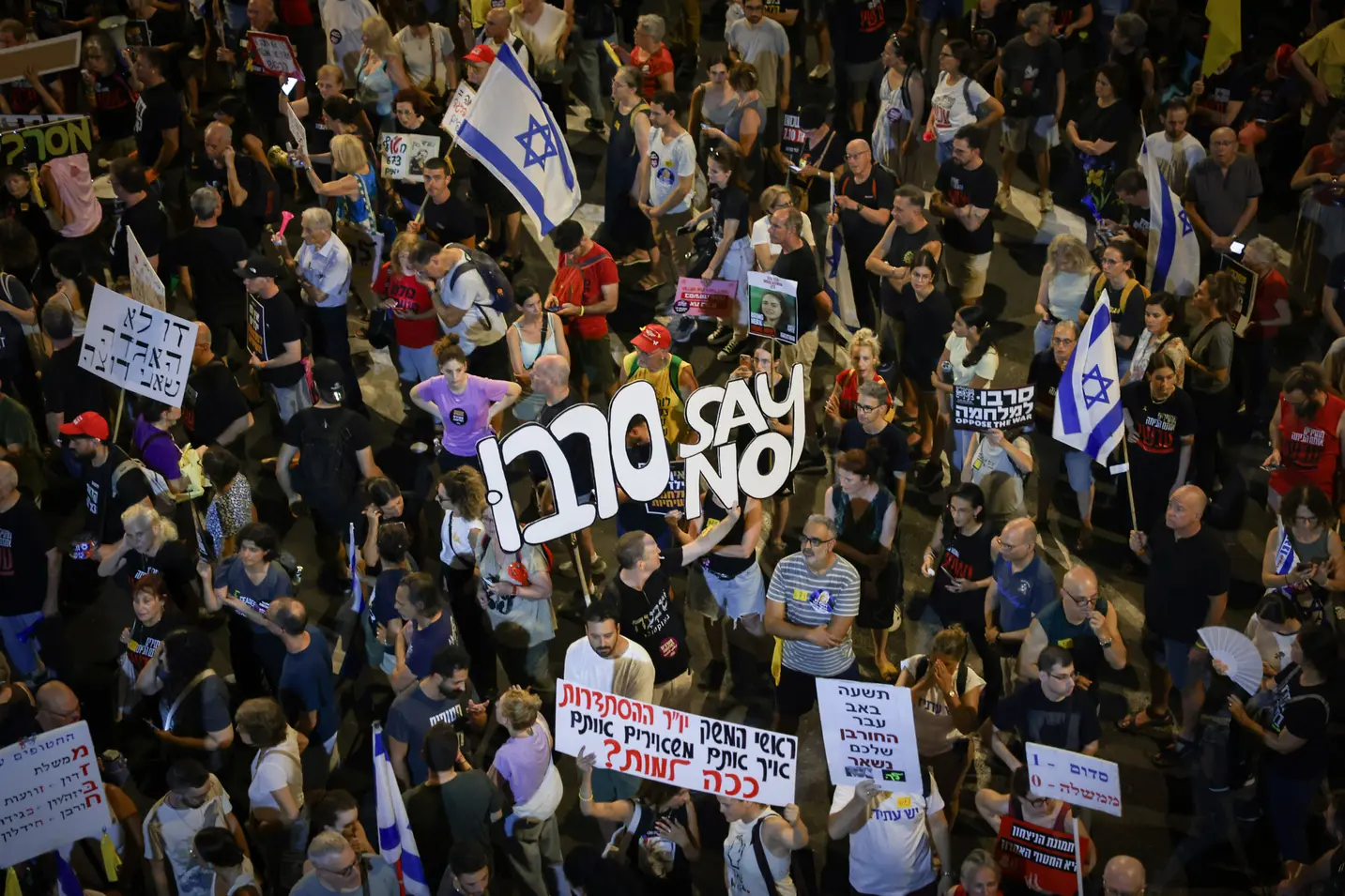
Israel faces mass protests over Gaza City plan
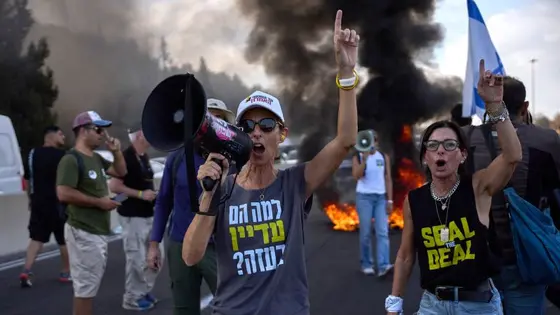
Israel protests demand hostage deal
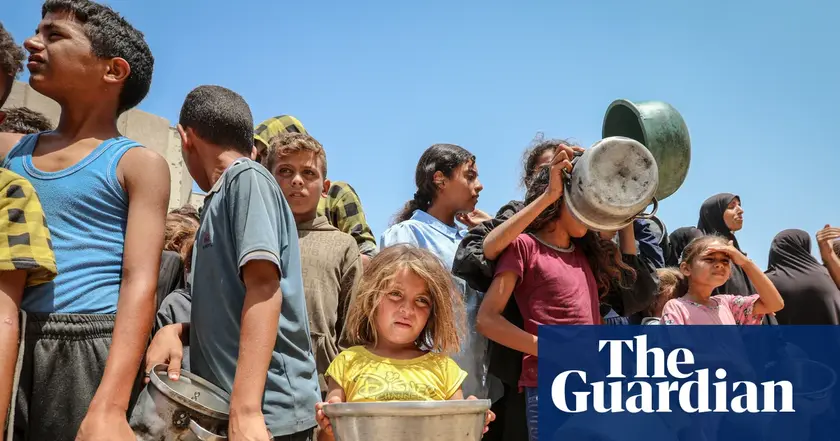
Displacement plan for Gaza City residents announced

Civilian evacuation warned as Gaza City braces for assault
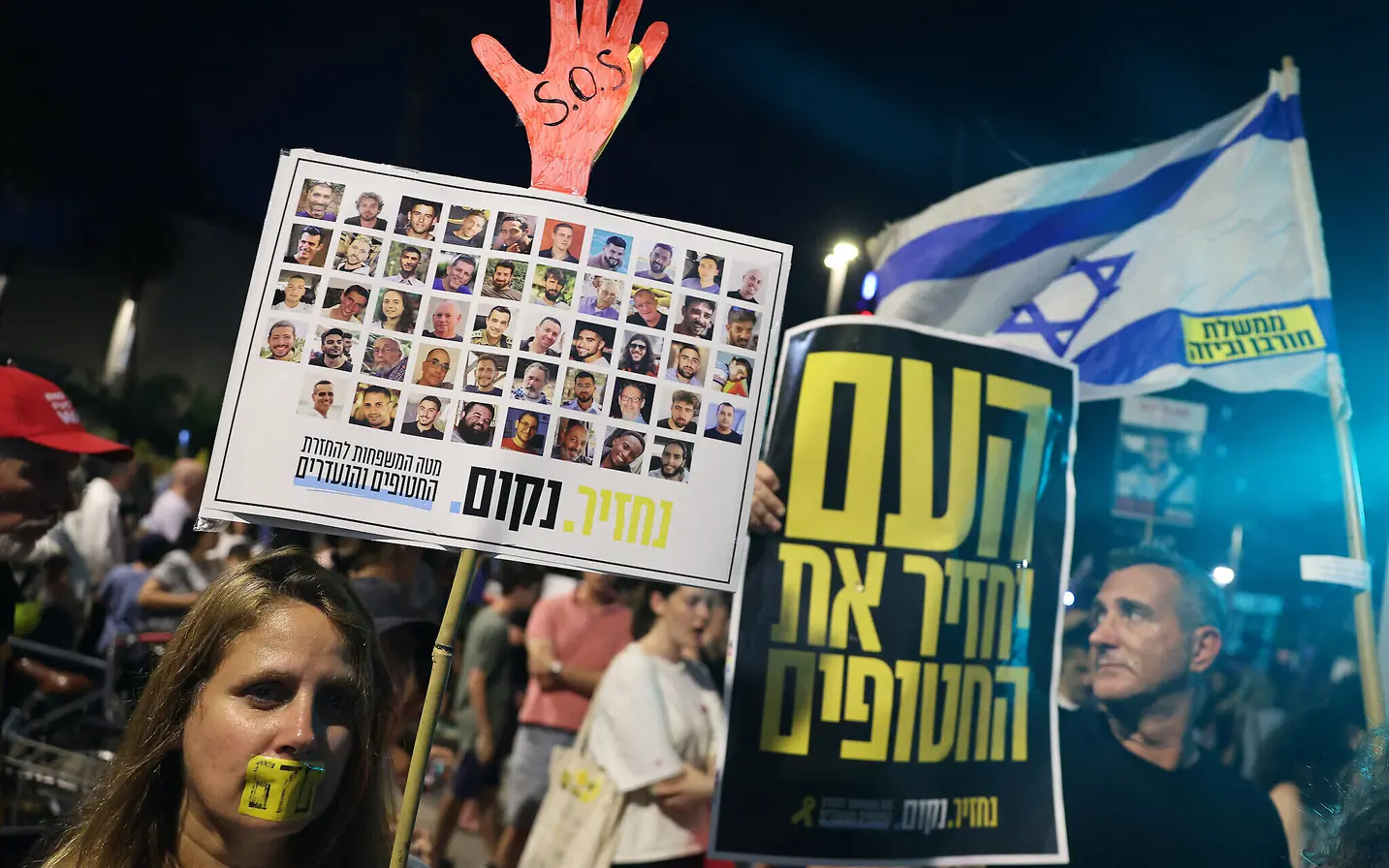
Hostage families rally over Gaza City move
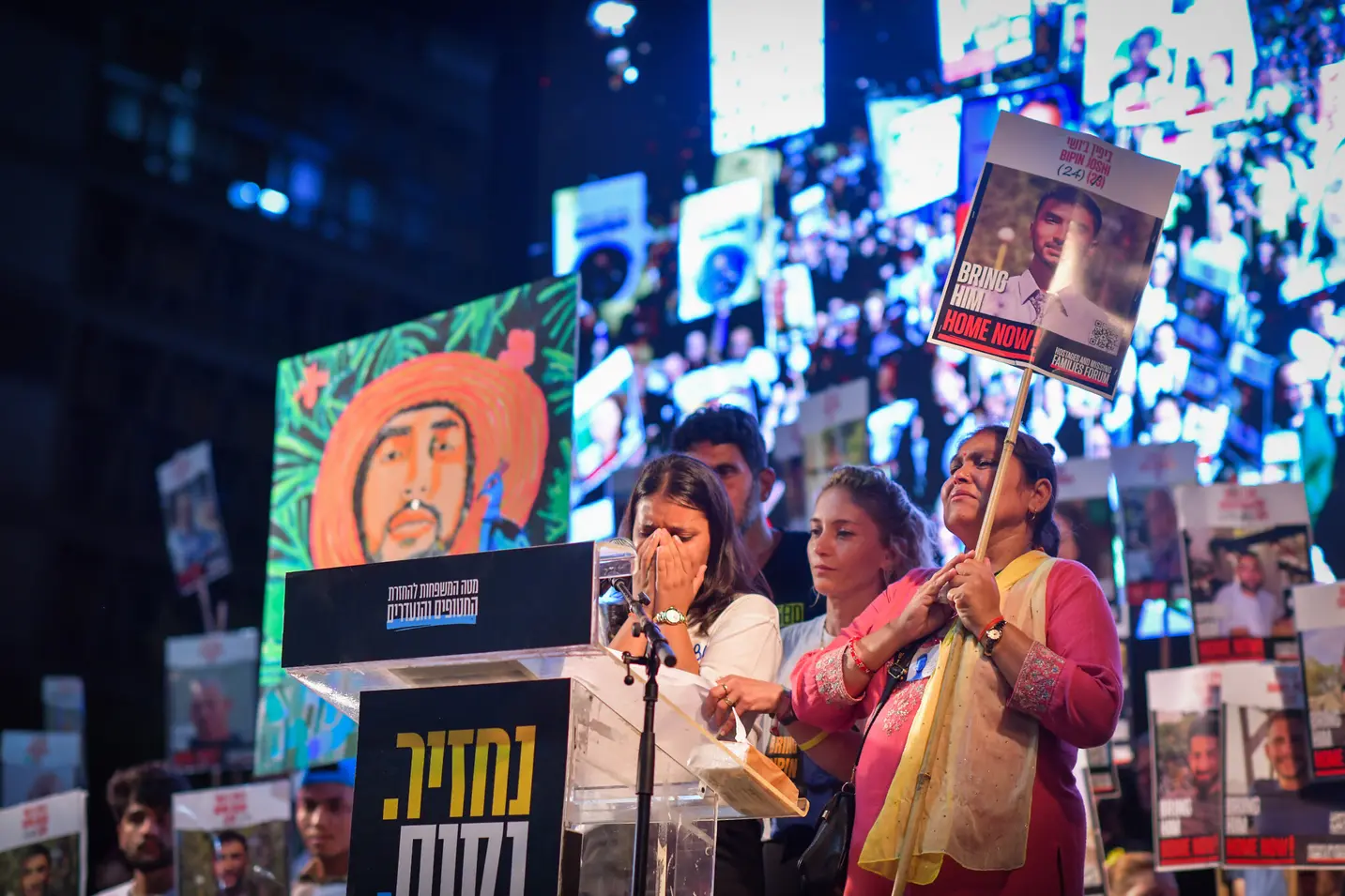
Ceasefire pressure rises
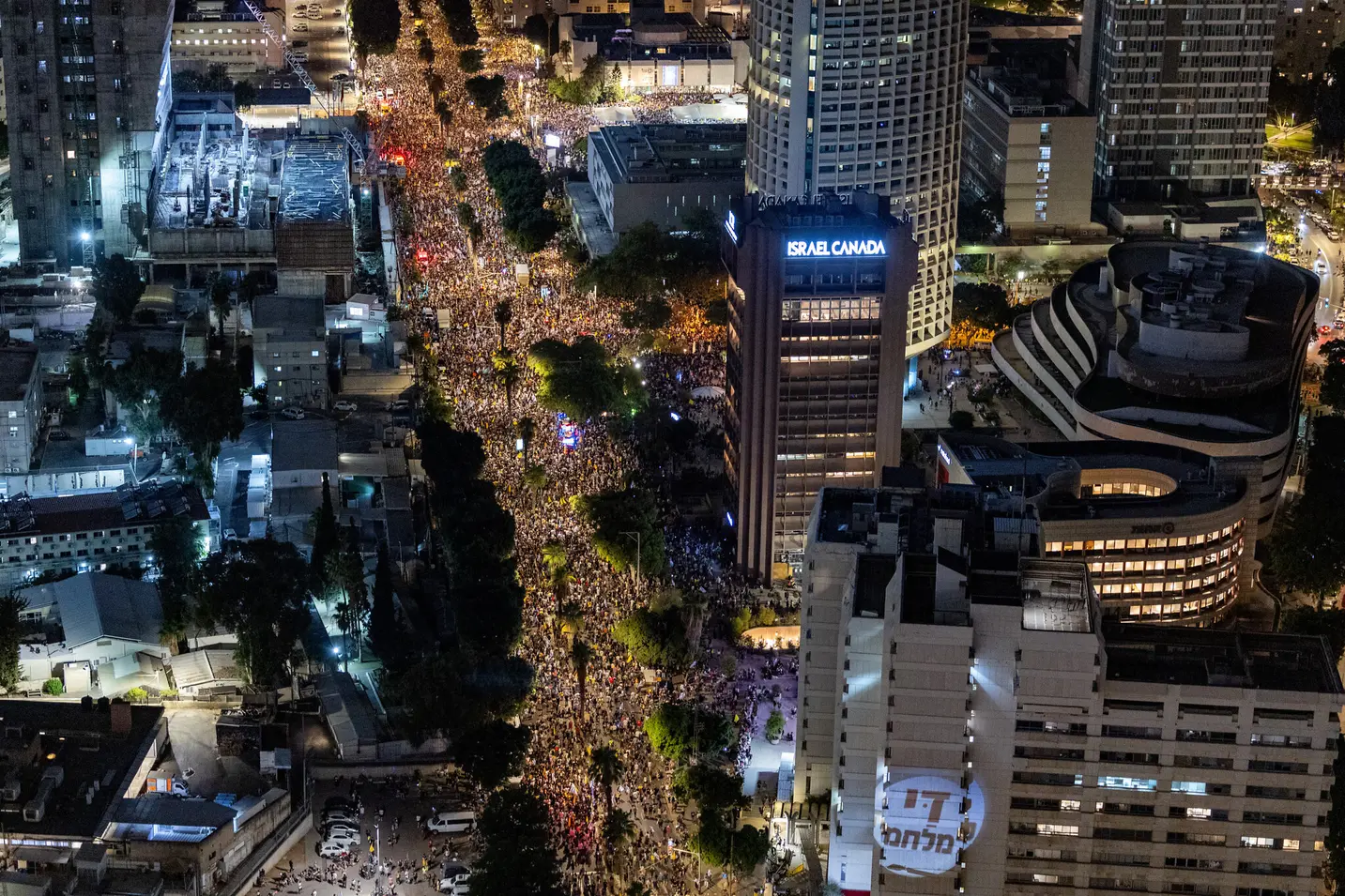
Tel Aviv rallies call for end to war and hostage release
